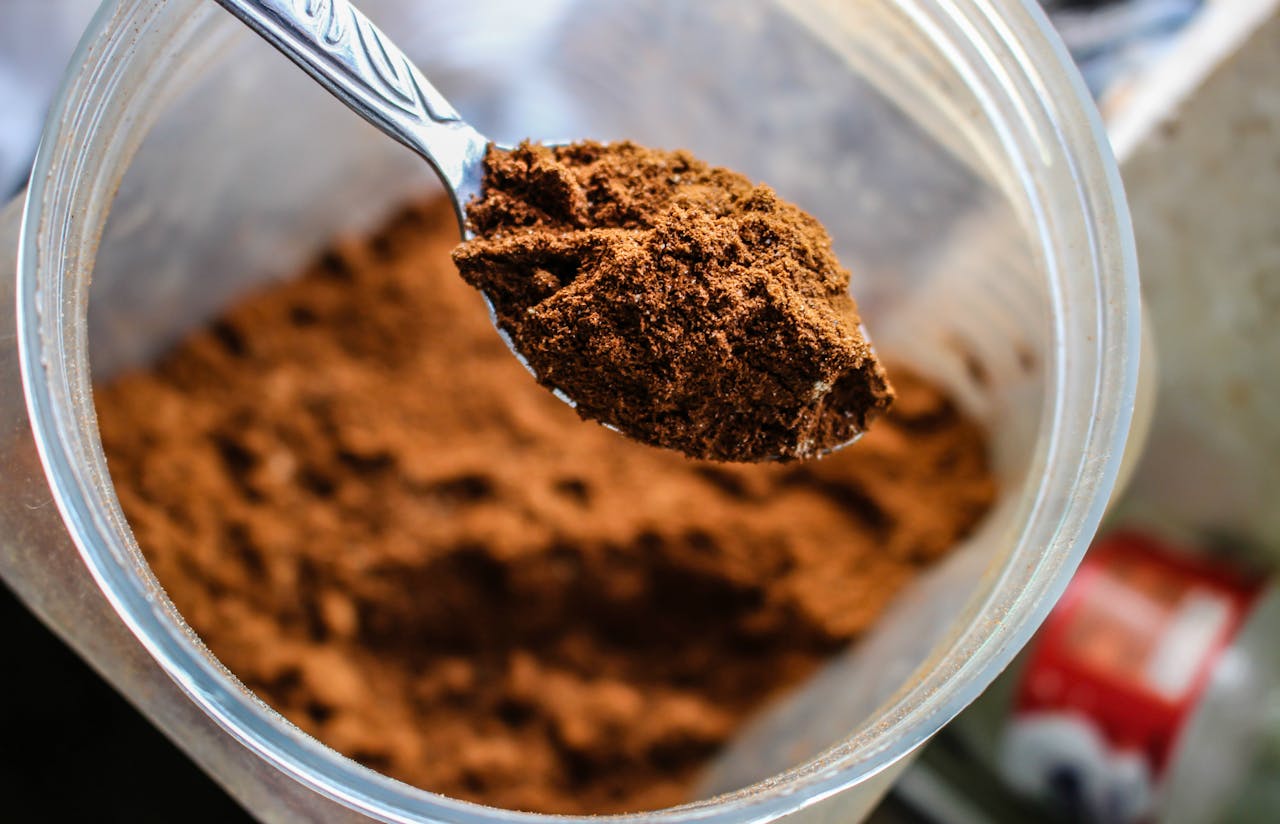Whey protein is one of the most popular supplements among fitness enthusiasts and athletes. Known for its high-quality protein content and quick absorption, many people wonder about the best time to take it. One common question is whether whey protein should be taken on an empty stomach. Here’s a closer look at the considerations surrounding this topic.
Understanding Whey Protein
Whey protein is derived from milk during the cheese-making process. It is rich in essential amino acids and is quickly absorbed by the body, making it an excellent choice for muscle recovery and growth. Given its benefits, timing can be an important factor in maximizing its effects.
Taking Whey Protein on an Empty Stomach
Benefits of Consuming Whey Protein on an Empty Stomach
- Rapid Absorption: When consumed on an empty stomach, whey protein is absorbed more quickly. This can be particularly beneficial right after a workout when your muscles are primed for nutrient uptake.
- Convenience: Many people find it easier to take protein supplements in the morning or between meals when they have an empty stomach. This can help meet daily protein goals without feeling overly full.
- Stimulating Muscle Protein Synthesis: Consuming whey protein on an empty stomach, especially after exercise, can effectively stimulate muscle protein synthesis, which is crucial for recovery and muscle growth.
Considerations When Taking Whey Protein on an Empty Stomach
- Personal Tolerance: Some individuals may experience digestive discomfort, such as bloating or gas, when consuming whey protein on an empty stomach. If you find this to be the case, consider pairing it with a small amount of food or taking it later in the day.
- Individual Goals: If your goal is to gain muscle, taking whey protein after workouts—whether on an empty stomach or not—can be beneficial. However, if you’re looking to lose weight, consider your overall caloric intake and whether having protein on an empty stomach aligns with your hunger levels throughout the day.
- Timing with Other Meals: While taking whey protein on an empty stomach can be effective, it’s important to consider your overall meal timing. If you have a well-balanced meal shortly after your workout, you might not need a protein supplement immediately.
Optimal Timing for Whey Protein
While taking whey protein on an empty stomach can have its advantages, the most important factor is ensuring you meet your daily protein requirements. Here are some optimal times to consider:
- Post-Workout: Consuming whey protein shortly after exercise can enhance recovery and muscle repair, whether or not your stomach is empty.
- Morning Boost: Taking whey protein in the morning on an empty stomach can help kickstart your metabolism and provide energy for the day ahead.
- Between Meals: If you find it difficult to get enough protein through meals, a whey protein shake between meals can help fill the gap.
Conclusion
Taking whey protein on an empty stomach can be beneficial, especially for muscle recovery and absorption. However, individual tolerance and overall dietary goals should guide your decision. Whether you choose to take it alone or with food, the key is to ensure you’re meeting your daily protein needs and supporting your fitness goals. Listen to your body, and adjust your timing based on what works best for you!

